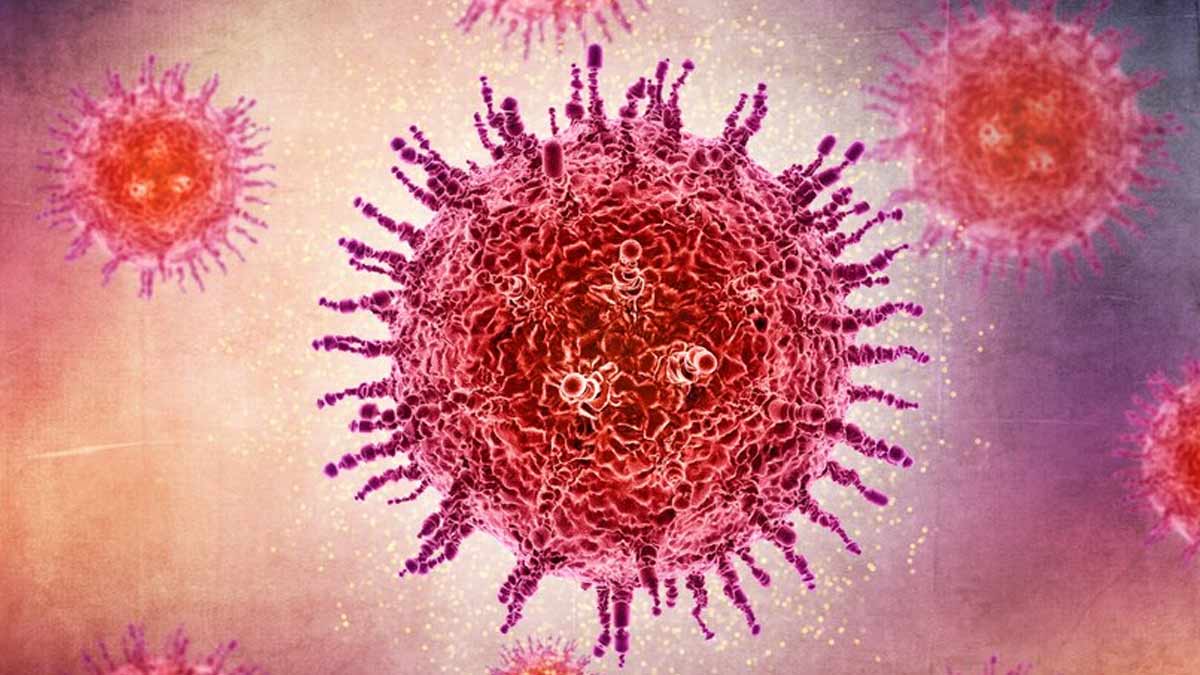
The world is witnessing a surge in mosquito-borne diseases, such as dengue, malaria, and West Nile virus. The recent emergence of Oropouche fever, which caused two deaths in Brazil, highlights the growing threat of these vector-borne illnesses. While primarily spread by midges, the Oropouche virus can also be transmitted by mosquitoes.
Table of Content:-
While the total number of Oropouche fever cases in Brazil reached 7,236 by late July, primarily concentrated in Amazonas and Rondônia states, the overall 2023 count was significantly lower at around 840 cases.
What Is Oropouche Virus?

Oropouche virus is an emerging infectious disease caused by the Oropouche Virus (OROV). This virus, transmitted primarily by biting midges, results in an acute illness with symptoms resembling dengue fever, including fever, headache, muscle and joint pain, and rash. In severe cases, it can progress to meningitis or encephalitis.
Initially discovered during a febrile illness outbreak in Trinidad and Tobago, the Oropouche virus has been identified in multiple South and Central American countries, including Brazil, Peru, and Panama, where it has caused significant epidemics. Mosquitoes, such as Culex quinquefasciatus, Mosquito vectors for the pathogen include Culex quinquefasciatus, Coquillettidia venezuelensis, and Aedes serratus.
Also Read: Chandipura Virus In Gujarat: What Is It And Should You Be Worried?
Symptoms Of Oropouche Fever

According to the World Health Organization (WHO), oropouche fever symptoms typically appear 4-8 days after infection. Onset is sudden, with fever, headache, joint and muscle pain, chills, and often nausea and vomiting. While most cases resolve within a week, severe cases can lead to meningitis and recovery may take weeks.
Prognosis Of Oropouche Virus
According to the Centers For Disease Control and Prevention (CDC), the Oropouche virus is typically a self-limiting illness with most patients recovering fully within a week. However, the disease can be more severe in some cases.
Symptoms, such as fatigue and general malaise can persist for up to a month following the initial infection. While rare, severe cases may involve complications like meningitis and require hospitalisation. It's important to note that despite the potential for severe illness, the vast majority of patients experience a complete recovery without long-term health consequences. Fatalities due to this virus have been extremely uncommon.
Also Read: Zika Virus During Pregnancy: Here Are 7 Things That You Should Know
Treatment and Prevention For Oropouche Virus
Currently, there's no specific cure or vaccine for Oropouche fever. Treatment focuses on managing symptoms with pain relievers, fever reducers, and ample fluids. Here are some preventive measures that you can follow, as listed by WHO:

Vector Control Strategies
- Implementing effective vector control measures is paramount in preventing Oropouche virus outbreaks. This involves a concerted effort to reduce midge populations through the elimination of their breeding grounds.
- Natural and artificial water bodies, which serve as ideal environments for midge larvae, should be targeted for reduction or elimination.
- Additionally, the strategic application of chemical insecticides, such as deltamethrin and DEET, has proven effective in controlling both midge and mosquito populations.
Personal Protective Measures
- While vector control is crucial, personal protection remains an essential component of prevention. Employing mechanical barriers like mosquito nets and insect-repellent devices can significantly reduce the risk of midge bites. Insect repellents containing DEET offer added protection.
- It is advisable to wear repellent-treated clothing when venturing into areas with high midge activity.
- By combining these strategies, communities can effectively mitigate the threat of Oropouche virus transmission and protect public health.
[Disclaimer: This article contains information for informational purposes only, hence, we advise you to consult your own professional if you are dealing with any health issues to avoid complications.]
Also watch this video
How we keep this article up to date:
We work with experts and keep a close eye on the latest in health and wellness. Whenever there is a new research or helpful information, we update our articles with accurate and useful advice.
Current Version